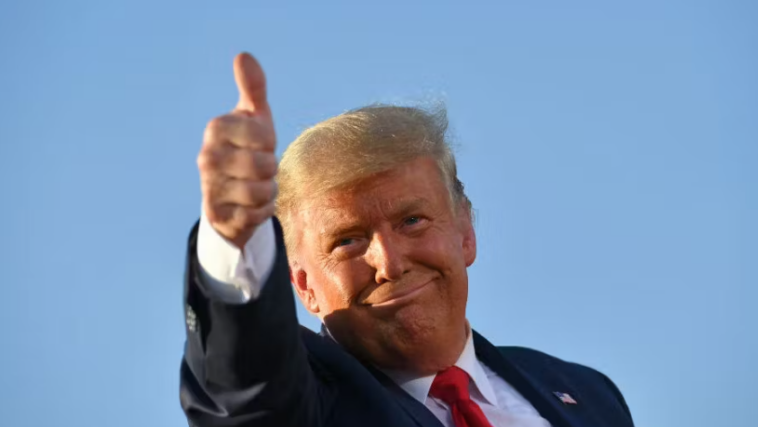President Donald Trump announced Wednesday that the United States has reached a sweeping trade deal with Vietnam, just days before steep new tariffs were set to take effect. The agreement grants American producers tariff-free access to Vietnamese markets while slapping significant duties on Vietnamese imports.
“It is my Great Honor to announce that I have just made a Trade Deal with the Socialist Republic of Vietnam,” Trump posted on Truth Social.
Under the deal, all U.S. goods will enter Vietnam duty-free. In return, Vietnam will face a 20% tariff on all exports to the U.S., while any “transshipped” goods — particularly Chinese products rerouted through Vietnam to dodge American tariffs — will be hit with a 40% penalty.
The move comes ahead of Trump’s July 9 deadline, when a 46% tariff increase on Vietnamese imports was scheduled to go into effect if no agreement was reached.
Trump expressed particular optimism about American automakers entering the Vietnamese market, saying, “It is my opinion that the SUV … which does so well in the United States, will be a wonderful addition to the various product lines within Vietnam.”
In 2024, U.S. exports to Vietnam totaled just over $13 billion, while imports from Vietnam soared past $136 billion — a trade imbalance Trump has made clear he intends to shrink.
The Vietnam agreement marks the latest in a series of Trump’s aggressive trade renegotiations during the 90-day tariff pause he implemented earlier this year. Last month, he secured a deal with China that imposed a 55% tariff on Chinese goods while reducing duties on American exports to 10%. That deal also included provisions for rare earth mineral shipments to the U.S. and access for Chinese students to American universities.
Trump also finalized a landmark agreement with the United Kingdom, in which the first 10,000 UK-made cars imported to the U.S. will face a 10% tariff, and all subsequent vehicles will be subject to a 25% tariff. The deal guarantees billions in new market access for American companies.
Meanwhile, Trump’s hardball approach with Canada forced Prime Minister Mark Carney to drop a proposed digital tax on U.S. tech companies after talks broke down.
With the Vietnam deal now in place, Trump continues to reshape global trade on America’s terms, prioritizing domestic producers and holding foreign competitors to account.

